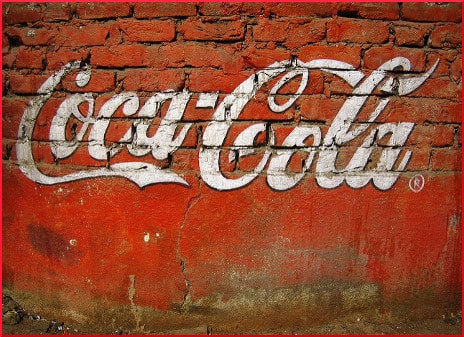
We were talking about the International Food Information Council (IFIC), a propaganda arm of the Coca-Cola Company (and the American Beverage Association and a few other entities). Sourcewatch.org characterizes it as a front group, and says:
Its staff members hail from industry groups such as the Sugar Association and the National Soft Drink Association, and it has repeatedly led the defense for controversial food additives including monosodium glutamate, aspartame (Nutrasweet), food dyes, and olestra. It also runs the corporate-friendly website, Kidnetic.com, with games and recipes for kids.
Just a quick glance at the IFIC homepage detects a bit of a red flag. It invites us to “join the facts network” because “the web is full of misleading info on food.” Visitors are encouraged to fight all that misleading information with the help of alternate facts that are, according to the IFIC, totally science-based.
It seems that only Coke knows how to locate the real scientists, and only Coke is capable of determining the legitimacy of those scientists’ methods. Prof. Marion Nestle notes a repeated pattern of Coke responding to certain studies with accusations of flawed science.
Rob Waters interviewed many academic researchers who are not happy with any of this, and he wrote about their discomfort in a series for Forbes.com.
If the Centers for Disease Control officials don’t already know about a particular industry-sponsored study, Coke never fails to alert the government agency. Time after time, when Coke or its allies provide financial support for studies, the results that show up coincidentally happen to agree with whatever Coke had hoped to establish.
If weight loss is the desired outcome, they have a study “proving” that diet soda is better than water. A consulting firm called Exponent is particularly adept at discrediting any research which does not conform with the beverage industry’s wishes.
Waters writes:
Exponent has been criticized for consistently producing findings supportive of industries that hire it. Its research has been used to cast doubt on a relationship between secondhand smoke and cancer, to dispute a link between red meat consumption and prostate cancer and, in research performed on behalf of the National Confectioners Association, to suggest that frequent candy consumption doesn’t boost the risk of obesity.
Apparently, the only thing that IFIC members love more than issuing propaganda to reporters is bragging amongst themselves about the effectiveness of their efforts. This propensity for self-congratulation was noted by the U.S. Right to Know organization, which used the Freedom of Information Act to obtain pertinent emails.
This can be seen from another perspective. Sometimes, people who used to work for the government take a different career path and accept employment with, for instance, the Coca-Cola Company. Conversely, people who used to work for Coke move into government positions.
Either way, personal ties and friendships that have naturally formed might carry over. There is nothing inherently sinister about that, but it may be that people in both camps need to police their own basically innocent behavior more closely, in order to not give a bad impression to outsiders.
(More next time…)
Your responses and feedback are welcome!
Source: “International Food Information Council,” undated
Source: “The Coca-Cola Network: Soda Giant Mines Connections With Officials And Scientists To Wield Influence,” Forbes.com, 07/11/17
Photo credit: Meena Kadri (Meanest Indian) via Visualhunt/CC BY

 FAQs and Media Requests:
FAQs and Media Requests: 











